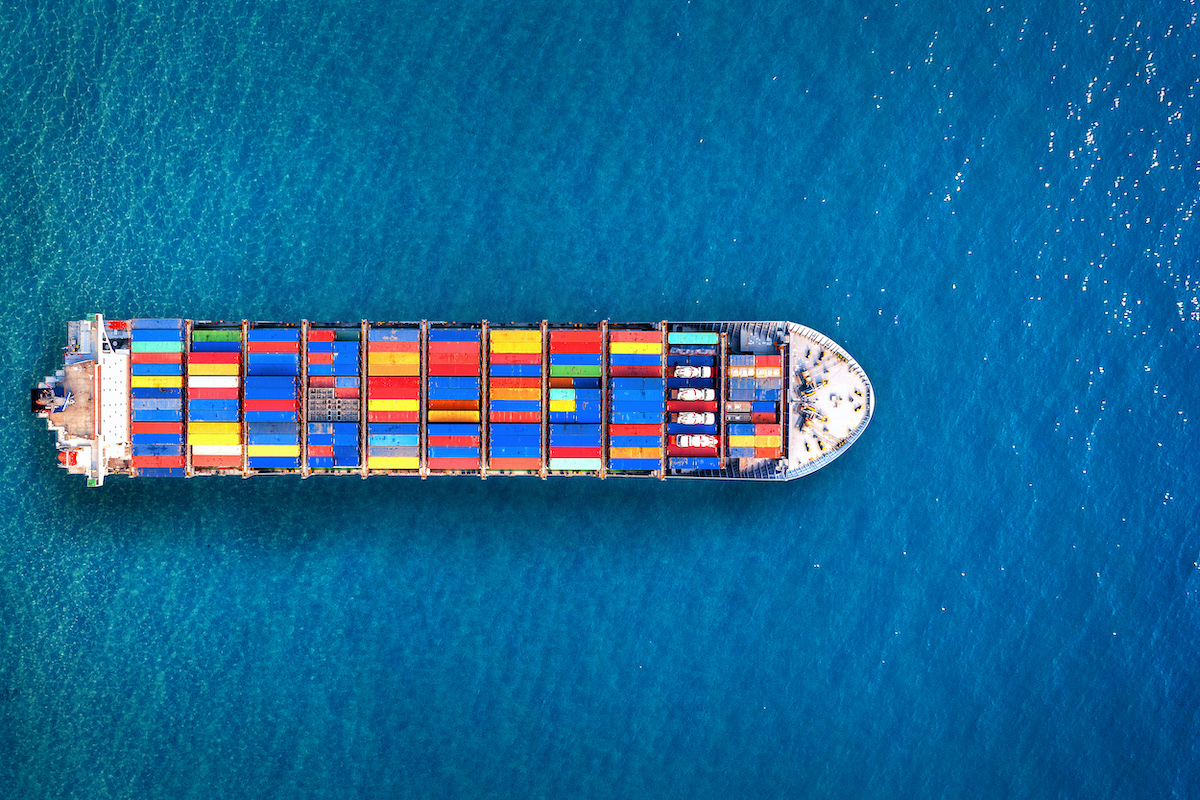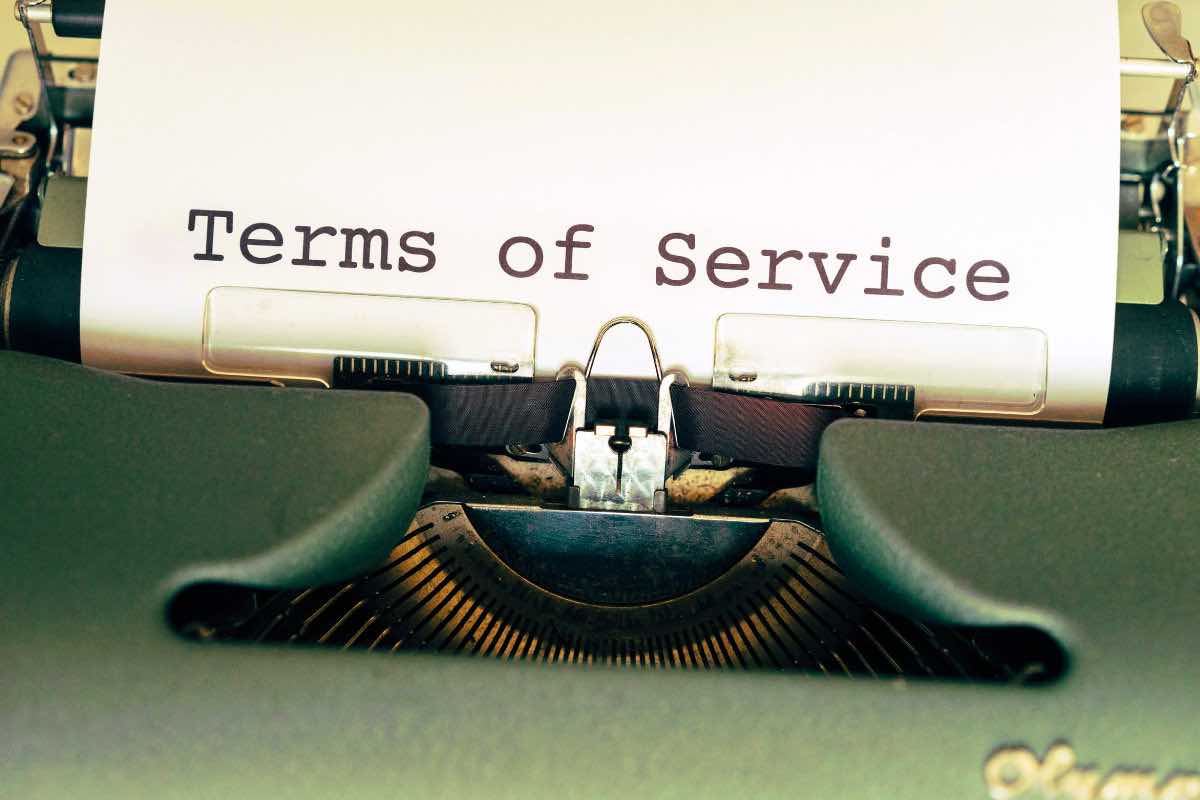“Flat Rate”
“Price Lock Promise”
“Guaranteed Quote”
“Guaranteed-Price”
“Price Matching”
You’ve probably seen some of these slogans, and more. But why would companies attempt to differentiate themselves through ‘Guaranteed’ or ‘Matched’ pricing? Just how exactly does the Shipping Industry calculate the cost of having your vehicle shipped? And, why do the prices you’re first quoted seem so varied and unstable?
There are two main reasons:
1. Bookings pass through a Bidding Process
Experienced companies know how to assess market trends and to quote accordingly. Although less reputable companies may purposefully underquote your transportation costs to appear more favorable, the quote you first receive should be the Current Market Rate (assessed at the time of your enquiry) and should never be considered the final price.
Once the Shipping Broker has assessed your requirements and provided you with the Standard Market Rate, they will begin working to connect you with suitable Carriers. These Carriers will then bid on your booking request. Your brokers will present you with all offers from interested Carriers. These offers may differ on price and/or date. At Yellowfin Logistics, you are free to accept or decline any offer that is presented to you. Declining an offer would merely mean that your Advisor would continue to negotiate with Carriers until an offer can better match your schedule or pricing priorities.
Once you approve an offer, your broker will contract your shipment to this Carrier.
2. Carriers weigh-up numerous Cost Factors
- Extra Services: Expedited shipping options, additional insurance coverage or additional luggage requests.
- Transport Type: Enclosed trailers are more costly than Open trailers.
- Vehicle Type and Condition: The larger and heavier your vehicle, the higher your costs. It is also more expensive if your car is not in a working condition.
- Distance and Routes: The further you need to travel, the more expensive it can become. Not all routes are charged the same either; some are more direct, more convoluted or more congested than others.
- Regionality: Shipping to and from rural areas will cost more than between major towns and cities.
- Seasonality: Depending on weather conditions, certain seasons may prove more expensive than others. Though Summer is peak shipping season, pricing can still run high in Winter months where ice and snow become hazardous.
- Supply and Demand: There are a limited number of Carriers operating on each route. The more demand there is for auto transportation on a particular route, the more likely it is that spots on these trailers will be charged at a premium.
Yellowfin’s Real-Time Quote & Price Negotiation Structure
Yellowfin follows a Real-Time Quote & Price Negotiation structure. This means that your requirements will be assessed against the market trends currently affecting the route and vehicle you have requested for your shipment. The quote you receive from us will be the Current Market Rate, no less no more.
When you make a booking, your Yellowfin Advisor will then proceed to negotiate the best possible rate with Carriers who match your pricing and/or schedule priorities.
Through this process, we ensure our customers never pay a cent more than absolutely necessary to have their vehicle transported.












